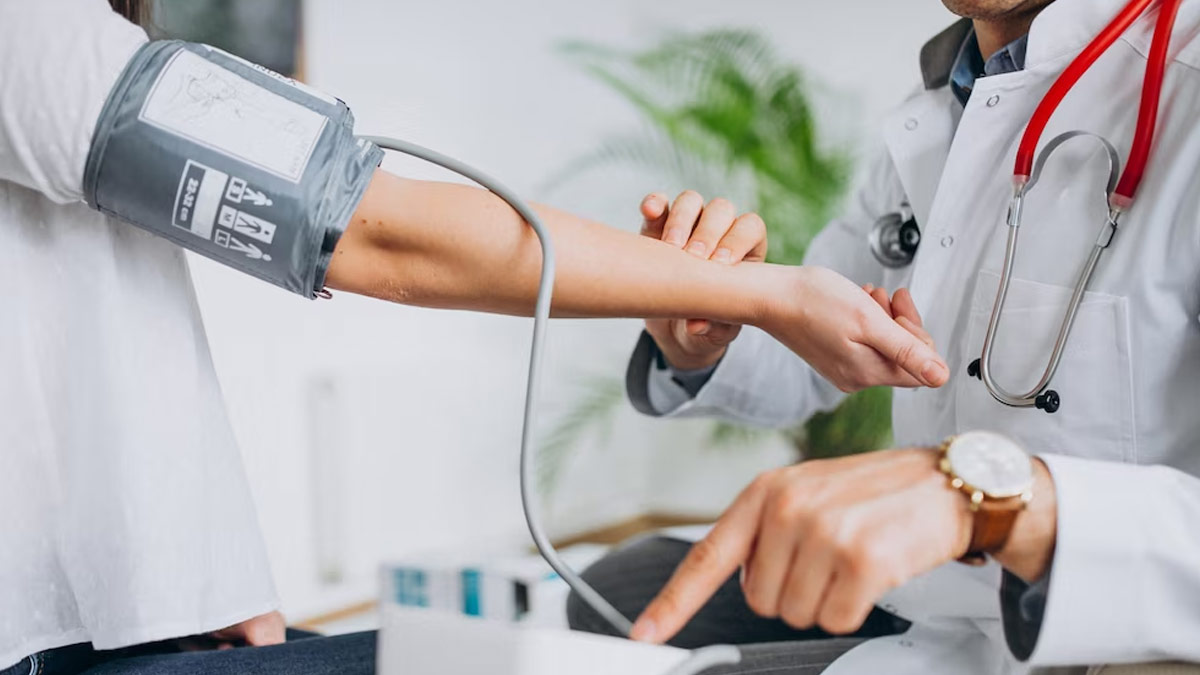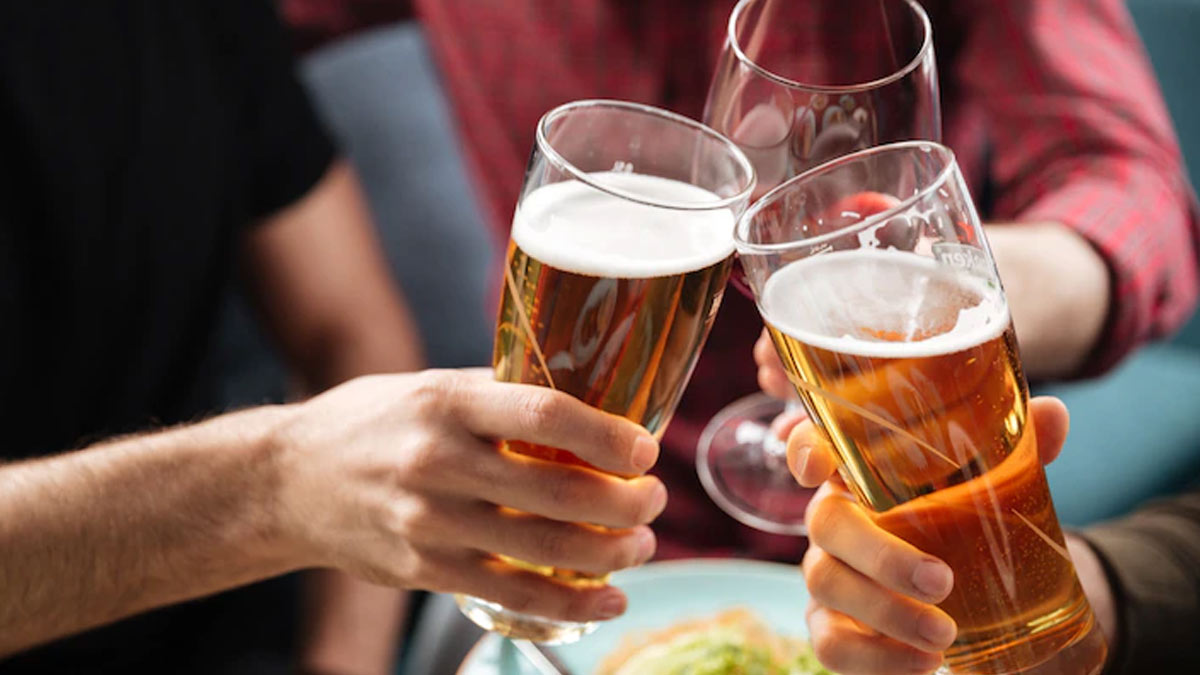
Hypertension, or high blood pressure, is a common illness that raises the risk of heart disease, stroke, and other health issues. Medicine is often required to manage hypertension, lifestyle adjustments can also help lower blood pressure.
Table of Content:-
“When you take too much salt, your body retains extra water to maintain a balanced sodium concentration in your bloodstream. This causes an increase in blood volume, which increases pressure on the walls of blood vessels, resulting in high blood pressure,” said Dr Santosh Hedau, Consultant Nephrologist, CARE Hospitals Banjara Hills, Hyderabad. Here are ten successful methods for treating hypertension without medication:
According to the World Health Organisation, in India, only about 12% of people suffering from hypertension have their blood pressure controlled. Uncontrolled blood pressure is a major risk factor for cardiovascular diseases (CVDs), including heart attacks and strokes, which account for one-third of all fatalities in India.
Try To Adopt a Healthy Diet
A balanced diet rich in fruits, vegetables, whole grains, and low-fat dairy products can significantly lower blood pressure. The Dietary Approaches to Stop Hypertension (DASH) diet is particularly effective. This diet emphasises potassium-rich foods like bananas and spinach and minimises sodium intake.

Also read: Why Do People Have Hypertension? Dietary Reasons To Know
Reduce Sodium Intake
Excessive sodium can raise blood pressure. Limit your sodium intake to 2,300 milligrams (about one teaspoon of salt) per day, or ideally, 1,500 milligrams for greater blood pressure reduction. Avoid processed and packaged foods, which often contain high levels of sodium.
You Need To Maintain a Healthy Weight
Losing even a small amount of weight can help reduce blood pressure.Focus on reducing abdominal fat. Regular physical activity combined with a healthy diet can help achieve and maintain a healthy weight.
Exercise Regularly
Engaging in regular physical activity, such as brisk walking, swimming, or cycling, can lower blood pressure by 4 to 9 mm Hg. Aim for at least 150 minutes of moderate aerobic exercise or 75 minutes of vigorous exercise each week, along with strength training exercises on two or more days per week.
Limit Alcohol Consumption
Drinking alcohol in moderation can be heart-healthy, but excessive consumption raises blood pressure. Men should limit their alcohol consumption to two drinks per day, and women to one. One drink equals 12 ounces of beer, 5 ounces of wine, or 1.5 ounces of distilled spirits.

Quit Smoking
Increases blood pressure and damages blood vessels. Quitting smoking can improve heart health and reduce blood pressure. Seek support from healthcare providers, support groups, or smoking cessation programs to help you quit.
Reduce Stress
Chronic stress can contribute to hypertension. Find healthy ways to manage stress, such as practicing relaxation techniques like deep breathing, meditation, or yoga. Engaging in hobbies, spending time with loved ones, and ensuring adequate sleep can also help reduce stress levels.
Also read: Hypertension: Here Are 7 Most Overlooked Causes Behind It
According to MayoClinic, stress can be reduced by exercising for 30 minutes three to five times each week. People with high blood pressure can lower their blood pressure by engaging in stress-management and health-promoting activities.
Monitor Your Blood Pressure at Home
Regularly checking your blood pressure at home can help you keep track of your progress and ensure that your lifestyle changes are effective. Home monitors are widely available and easy to use. Record your readings and share them with your healthcare provider.
Increase Potassium Intake
Potassium helps balance the amount of sodium in your cells and reduces blood pressure. Include potassium-rich foods in your diet, such as bananas, oranges, potatoes, tomatoes, and leafy green vegetables. Aim for a daily potassium intake of 3,500-4,700 mg, depending on your health and medical advice.
Limit Caffeine Intake
While the long-term effects of caffeine on blood pressure are still debated, it can cause a short-term spike in blood pressure. If you're sensitive to caffeine, consider limiting your intake or switching to decaffeinated options. Monitor your blood pressure response to caffeine and adjust accordingly.
Managing hypertension without medication requires making long-term lifestyle changes. Adopting a balanced diet, maintaining a healthy weight, exercising regularly, and managing stress can help you lower your blood pressure and improve your overall health. Always consult a healthcare physician before making major lifestyle changes or if you have any concerns about maintaining your blood pressure.
Also watch this video
How we keep this article up to date:
We work with experts and keep a close eye on the latest in health and wellness. Whenever there is a new research or helpful information, we update our articles with accurate and useful advice.
Current Version